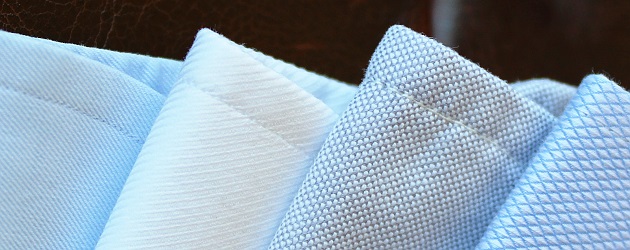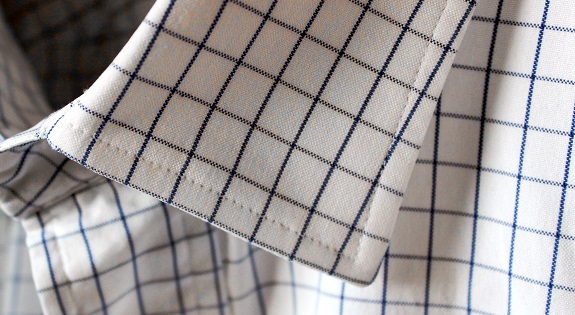Shirt Fabrics 101: Oxford, Twill, End-on-End, Etc…
We live in a golden age of shirt fabrics, my friends. Poplin, broadcloth, oxford, twill, herringbone, houndstooth, pinpoint, and more, now all widely available thanks to the advent of online made-to-measure as well as high end shirt companies.
But… what the heck does it all mean?
We once bought coffee, but now we have the option of ordering a double-venti-mocha-holla-whositz with extra foam. We once bought dress shirts. Now you can get a 2-ply super 100s royal oxford. What makes it Royal? Is more ply, like in toilet paper, better? What does it all mean? Input. Need Input!

Relax, Johnny Five, your questions shall be answered below. Roll up those sleeves, because we’re about to figure out just what they’re made of.
Yarn Numbers & Ply – What do they mean?
Many online MTM shirting companies as well as some traditional retailers like Brooks Brothers advertise their available fabrics with a yarn number. It’s even becoming popular in more affordable stores like Banana Republic & Lands’ End. Companies make use of yarn numbers in their advertising as an indication of quality. Well, let’s just blow the lid off of that can of butterscotch.
A yarn number only tells you one thing: the diameter of the yarn used in the fabric. That’s it. Thick fabric has a lower yarn number because the yarn used to make the shirt is wider. Thinner fabric has a higher number. So while some dress shirts carry higher numbers, some, equal in quality (but just different in feel) shirts carry lower.
Dress shirt made in 80s (yarn diameter) 2-ply (# of yarns twisted together) from ratio/clothing
But what about Ply? Remember the Nick Wooster/Ron Johnson era at JCP? Seems like all of their casual shirts proudly carried the “2-Ply” distinction. Ply is a term used to describe the number of yarns that are spun together in the shirt fabric. Two ply means that two different yarns are twisted together before the shirting fabric is woven.
Here’s where it gets dicey. Fabric is created by weaving two sets of threads together. The “warp” threads run vertically on the shirt. “Weft” threads run horizontally. And some fabric uses 2 ply in one set of threads, and 1 ply in the other. In other words, not all two ply fabric is created equally. Proper Cloth has a great summary where they break this down further.

Got all that?
Yeah, it’s a lot. And we’re only on yarn. Once you’ve got your yarn, you’ve got to weave it into a fabric. And there are many, many different ways to weave fabric. Twill, Oxford (the “O” in OCBD), Pinpoint… etc. Most, if not all, you’ve heard of before. Here’s what makes what:
Poplin
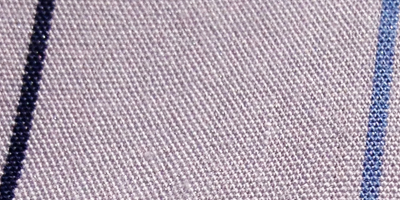
- Made from a plain weave of fine yarns, creating a thin, soft, smooth, long-lasting fabric
- Thin and breathable – great for under jackets or blazers
- Can be slightly transparent due to it’s thinness
- Does well with retaining smoothness after being ironed
- Sometimes described as broadcloth (technically different, but pretty much the same)
Twill
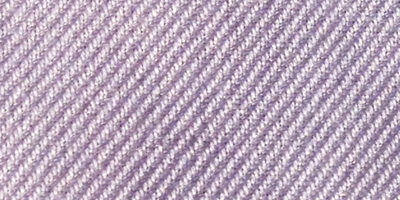
- Distinctive diagonal weave
- Soft, and a bit thicker and warmer than poplin
- Has a tendency to wrinkle easily for some
- Works under a jacket, but not quite as breathable as poplin
- Seems to be difficult to remove stains from twill
Herringbone
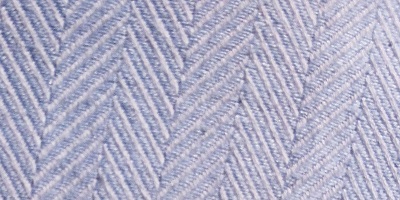
- Made with twill fabric that has been woven into a distinct alternating diagonal pattern
- Same advantages and disadvantages of twill
- Herringbone weaves can vary widely in width, angle, etc…
Quick tip: wear herringbone under jackets that have little pattern and minimal texture. Worsted jacket + herringbone shirt = good. Houndstooth jacket + herringbone shirt = trip down electric ave. on way to funky town. Herringbone truly shines on its own, uncovered, in all its glory.
Oxford

- Created by weaving thick yarns in a basket weave
- Beautiful, thick, textured fabric that has a slight variation in shade
- Traditionally reserved for casual shirts, and inherently more casual than poplin or twill
- The “O” in OCBD, and favored as a casual staple by many in the style community
- Excellent option for the fall and winter for added warmth
Dress Oxford, Royal Oxford, Imperial Oxford
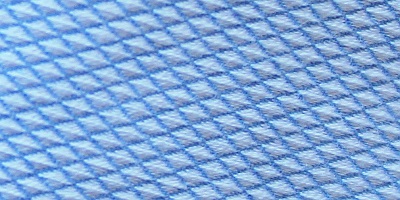
- Often woven in a diamond-shape, sometimes basket.
- Texture of the weave is much easier to see from a (relative) distance
- Noticeably thinner than regular oxfords, similar in thickness to pinpoint oxfords
- Soft, warm, and easy to iron
- Less formal than pinpoint oxford, twill, or poplin
Pinpoint Oxford
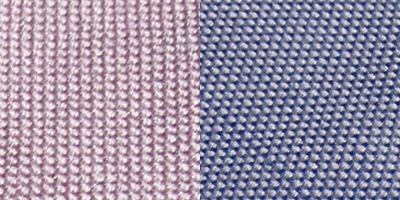
- Made with very fine yarn in a basket weave
- Thicker than poplin, but thinner than twill or oxford fabric
- Texture of the fabric is more interesting than the uniform smoothness of poplin or the unvarying diagonal ribbing of twill
- Appropriate for almost any outfit; can be worn under a suit, or on its own
- Moderately warm, but breathes quite well
- Unlike poplin, pinpoint shirts are opaque so there’s no risk of sweaty man-nipple making an appearance
End-on-End
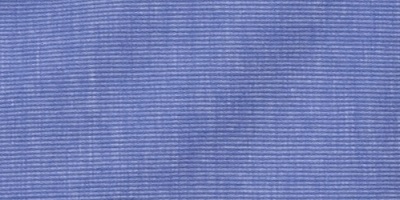
- A plain weave that’s created by alternating contrasting horizontal and vertical yarns
(pic via ratio) - Structurally identical to poplin, but the two colors of yarn produce a heathered visual effect
- Also referred to as fil-a-fil
- An excellent choice for those who want the breathability, durability, softness, and other advantages of poplin, but find that poplin looks boring
- Can vary widely in level of formality, but often found on casual-leaning shirts
AND THOSE ARE THE BASICS. Again, it’s a lot to keep in mind when shopping for a shirt. But like many things, once you find a combination that you like (brand & weave… maybe a yarn weight) for certain occasions & reasons (casual vs. formal), you’ll know what to look for in the future. Go forth! Eyes ever open, to that big world full of shirts that awaits you…

About the author: Chris (aka Bruschetta) is an America-born university researcher and teacher based in Glasgow, Scotland, as well as a moderator on Threads. His sense of style is inspired by a childhood dressed in Ivy league trad, and the fact that he is enormously well bred.
